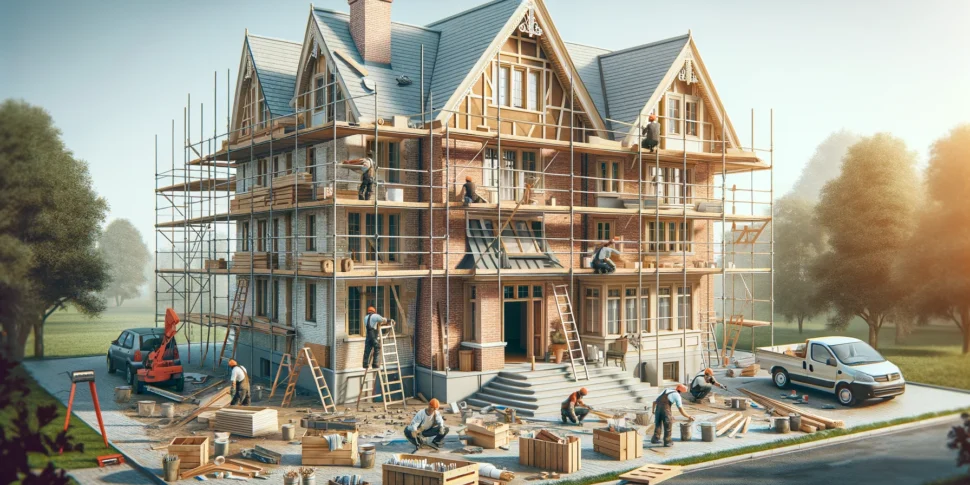Culture
Crotone, last at home with Monopoli: the objective is to win to reach the playoffs and sweep away the negativity
Winning to arithmetically reach the playoffs and sweep away the negativity that has inevitably accumulated after a disastrous second round. With this objective, Zauli's Crotone …
Read moreThe “lowercase letters” hide… the solution: Cosenza welcomes the latest book by Claudio Dionesalvi
Letters from the war era, never delivered to the recipients. Or maybe not: a pile of letters written by Italian soldiers crammed into a collector's …
Read moreThe special Buk 2024 award goes to the writer Rosella Postorino from Reggio
AND' the Reggio writer Rosella Postorinofinalist at the Premio Strega 2023 with Mi limitation to love you (Feltrinelli), and first place at the Premio Campiello …
Read moreEconomy
International

She takes a body to the bank to get him to sign a loan, arrested
A woman was arrested in Brazil after taking the body of a man in a wheelchair to the bank to try to withdraw a loan …










